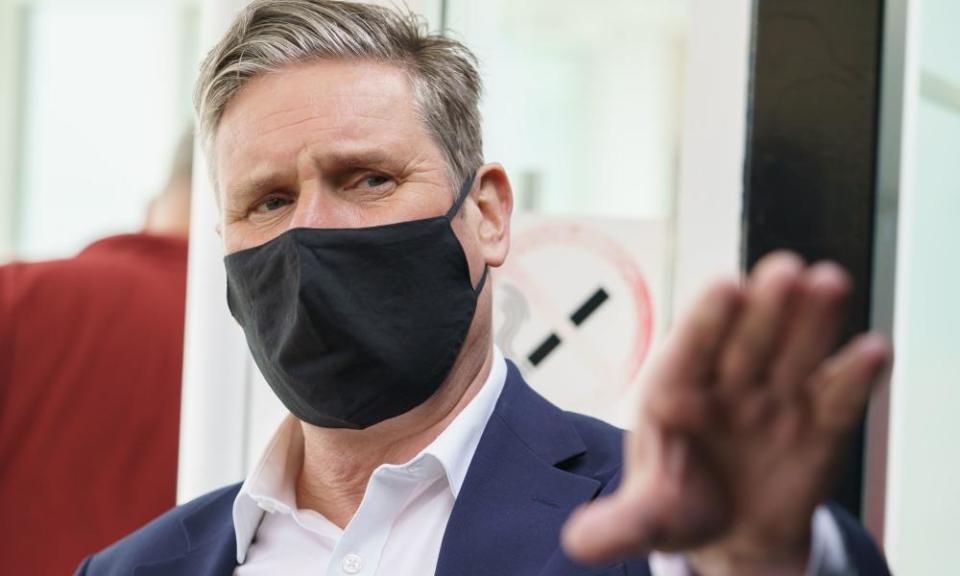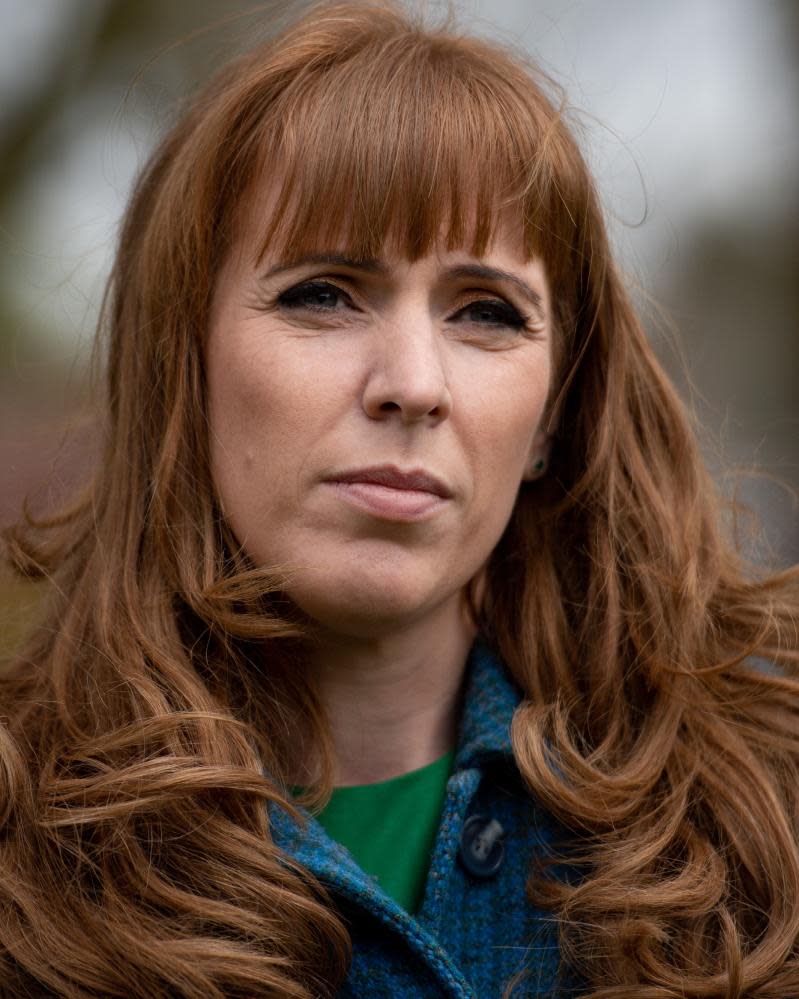Keir Starmer’s Labour shadow cabinet reshuffle: the winners and losers

The Labour leader, Keir Starmer, has embarked on a reshuffle of his top team after a series of disappointing results in Thursday’s elections. Here are the major moves:
Angela Rayner: moved from party chair and national campaigns coordinator to shadow Cabinet Office minister; remains deputy party leader

Rayner holds what is in more than one way a unique position in Keir Starmer’s Labour party. To begin with, she is the deputy leader, a position chosen directly by party members, and thus has her own, independent power base.
She is also one of the most recognisable and effective shadow cabinet voices, someone who is highly regarded and respected by the left of the party without ever truly being of it.
Rayner’s backstory is well known. Aged 16, she left school without any qualifications, and pregnant. She went on to study part-time, becoming a care worker and getting involved in politics via a union role.
Elected to parliament in 2015 for the Greater Manchester seat of Ashton-under-Lyne, within a year she was shadow education secretary under Jeremy Corbyn. When Corbyn resigned she defied expectations that she would go for the top job and ran for deputy leader, endorsing her friend – and then flatmate in London – Rebecca Long-Bailey as leader.
Rayner is certainly ambitious, and can be an electrifying public speaker, using her own story to illustrate the benefits of former Labour policies like Sure Start, which she says changed her life. But there can sometimes be almost a reticence to her about pushing herself to the forefront. However, the way she resisted what had appeared to be her planned demotion indicates this could be changing. In a tweet following news of her new role she promised to “take the fight to the Tories on their dodgy contracts and sleaze” as allies said she would become far more visible.
Rachel Reeves, promoted from shadow Cabinet Office minister to shadow chancellor

Reeves, a former Bank of England economist, is trusted by Starmer and worked closely with him to develop the party’s Brexit policy in her post as shadow Cabinet Office minister.
She has repeatedly attacked the Conservatives over cronyism in contracts during the pandemic and is often used as a media spokesperson for the party on wider issues.
With the Brexit deal now done, and her opposite number Michael Gove increasingly sidelined by the prime minister, there had been persistent rumours that Reeves would be offered a wider role.
The MP for Leeds West since 2010, Reeves, 42, is the author of several books including Women of Westminster, which is about pioneering female MPs. Her sister Ellie is the MP for Lewisham West and Penge in south London.
Anneliese Dodds: demoted from shadow chancellor to party chair

Dodds is ferociously bright – the author of a book on comparative public policy, with a doctorate under her belt – but her critics complain that she has failed to make a dent in the popularity of the media-savvy Conservative chancellor, Rishi Sunak.
Dodds, 43, was an MEP before being elected to parliament in 2017, and served in John McDonnell’s shadow Treasury team. She is regarded as being from the soft left of the party and is well liked by fellow MPs.
Allies point out that Dodds made many correct judgments on economic policy throughout the pandemic, including the crucial observation that it would be devastating to wind up the furlough scheme last autumn as the chancellor planned.
Her sacking appeared to have been briefed to some Sunday papers before she was given the news personally.
Nick Brown: out of his role as shadow chief whip

Brown’s longevity at the top of Labour politics is shown not just by his near four decades in parliament – he first won his Newcastle upon Tyne East seat in 1983 – but by the fact that he has been chief whip under five different leaders.
A former GMB official, he was chosen for his seat only months before the 1983 election after the original candidate dropped out, going on to defeat Mike Thomas, the incumbent Labour MP, who had defected to the SDP.
Initially close to Tony Blair, who entered the Commons the same year, Brown was his chief whip from 1997-98, and then agriculture minister, but fell out with Downing Street over the foot and mouth crisis in 2001. He was demoted, then left the frontbench altogether, before being made chief whip under Gordon Brown, and briefly for Ed Miliband.
Brown, now 70, returned to the chief whip’s job under Jeremy Corbyn, staying on when Keir Starmer took the leadership. A spokesperson for Brown said he and Starmer had “parted on good terms, with mutual respect”.

 Yahoo Movies
Yahoo Movies 